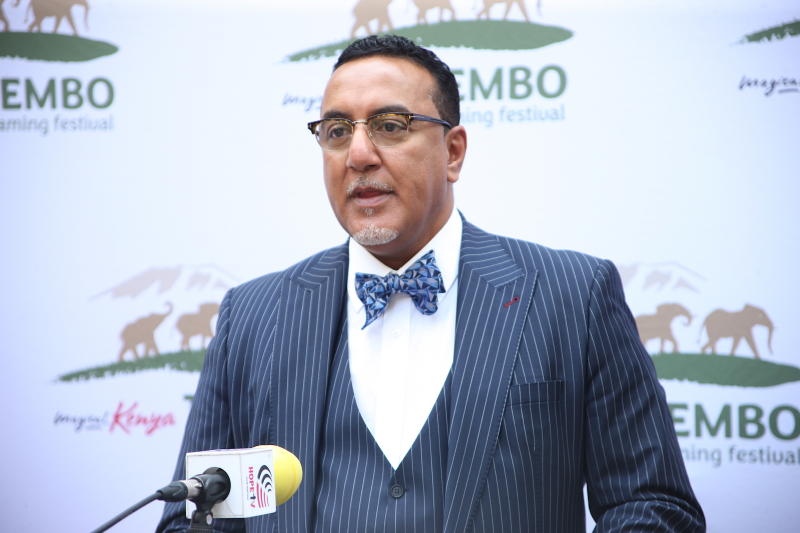×
The Standard e-Paper
Join Thousands Daily

Cabinet Secretary Ministry Of Tourism and Wildlife Najib Balala [Wilberforce Okwiri, Standard]
The tourism industry has registered growth and contributed to Gross Domestic Product (GDP) of more than 10 per cent and employed one in every 10 people.